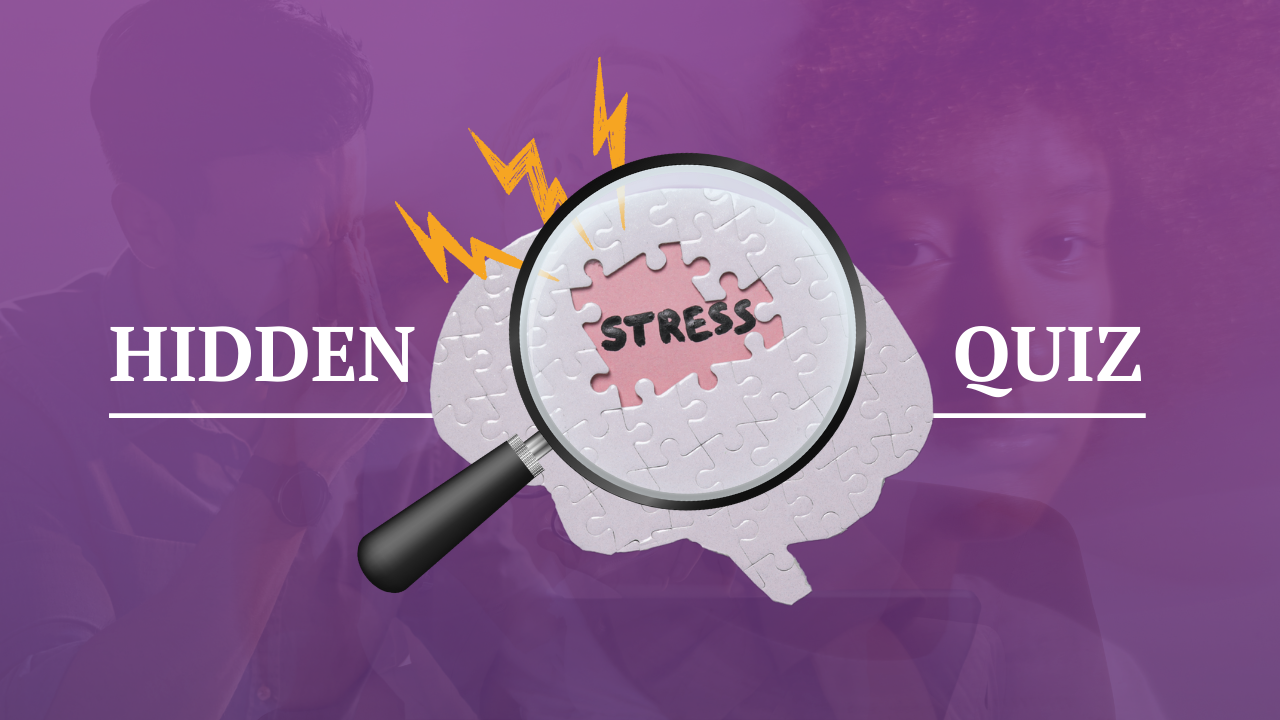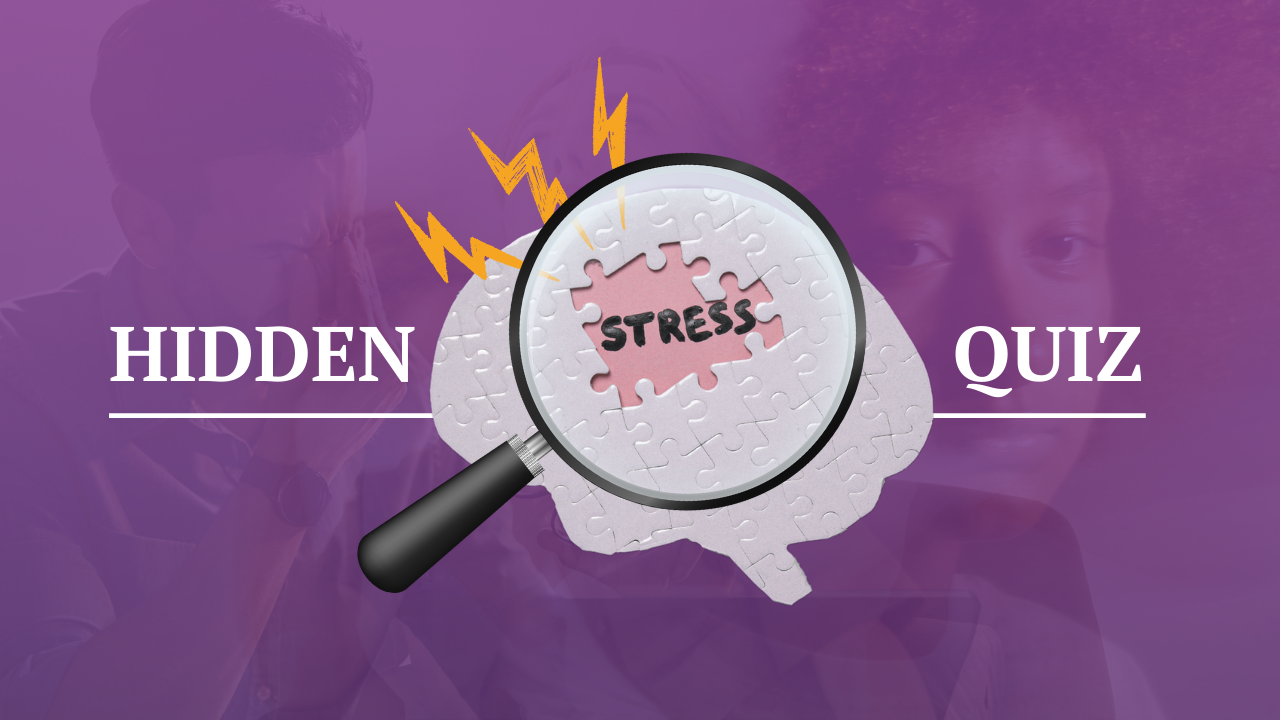Thriving in College: A Guide for Students with ADHD on Navigating the Back-to-School Transition
Jul 12, 2023
Thriving in College: A Guide for Students with ADHD on Navigating the Back-to-School Transition
As the summer days wind down, the excitement and anticipation of a new college year begin to build. For college students with ADD/ADHD, this transition can be both exhilarating and challenging. The shift from a relaxed summer schedule to the demands of college life requires careful planning and strategies to ensure a successful and fulfilling academic journey. Below are a few valuable tips and insights to help college students with ADD/ADHD smoothly transition back to school and excel in their studies.
Embrace the Power of Organization
Organization is a cornerstone of success for college students, particularly for those with ADD/ADHD. As you prepare to head back to campus, invest time in organizing your physical space, digital tools, and academic materials:
- Physical Space: Create an environment conducive to focus and productivity. Designate a clutter-free study area with good lighting, comfortable seating, and minimal distractions.
- Digital Tools: Leverage technology to your advantage. Utilize digital calendars, task management apps, and note-taking software to keep track of assignments, deadlines, and important dates.
- Academic Materials: Organize your textbooks, notebooks, and class materials. Consider color-coded folders or binders for each class to help you easily find what you need.
Craft a Personalized Study Strategy
Understanding your learning style and creating a personalized study strategy can significantly enhance your academic performance. Here's how to get started:
- Identify Learning Preferences: Determine whether you learn best through visual aids, auditory input, or hands-on experiences. Tailor your study methods to match your preferred learning style.
- Break Tasks into Smaller Steps: Large tasks can be overwhelming. Break them down into manageable steps and tackle one step at a time. This approach prevents procrastination and boosts your sense of accomplishment.
- Use Active Study Techniques: Engage actively with the material through techniques like summarizing, flashcards, and teaching the content to someone else. These methods enhance comprehension and retention.
Master Time Management
Effective time management is crucial for students with ADD/ADHD. Balancing classes, assignments, social activities, and personal time requires a strategic approach:
- Set Priorities: Identify your most important tasks and allocate time for them. Use the Eisenhower Matrix to categorize tasks as urgent, important, non-urgent, or non-important.
- Use Timers and Intervals: Employ the Pomodoro Technique or other time management methods that involve focused work intervals followed by short breaks. This approach helps maintain concentration and prevent burnout.
- Create a Weekly Schedule: Design a weekly schedule that includes class times, study sessions, and extracurricular activities. Make sure to include time for relaxation, exercise, and socializing as well.
Harness the Power of Mindfulness
Mindfulness practices can significantly benefit college students with ADD/ADHD by promoting focus, reducing stress, and enhancing overall well-being:
- Practice Meditation: Set aside a few minutes daily for meditation or deep breathing exercises. These practices can help you manage stress and improve your ability to stay present.
- Stay Present: Focus on one thing at a time when working on tasks. Minimize multitasking, as it can lead to decreased productivity and increased stress.
Communicate with Professors and Support Services
Open communication with professors and utilizing support services are essential for a successful college experience. Here's how to navigate this aspect:
- Reach Out Early: At the beginning of the semester, introduce yourself to your professors and let them know about your ADD/ADHD. Discuss any accommodations you may need and ensure you understand their expectations. Not only was I a student for many years, but I have also been a professor. I can not emphasize enough how important it is to connect with your professors early before you experience challenges. When you do this, professors have a better chance of understanding late assignments or other difficulties. When you don’t, professors assume you are making excuses. If you are introverted or struggle with anxiety, you can always communicate by email instead of in person. Most professors want you to do your best but don’t know how to support you if you don’t communicate.
- Access Support Services: Many colleges offer support services for students with ADHD, such as tutoring, study skills workshops, and counseling. Take advantage of these resources to enhance your academic success. If you had an IEP in high school that allowed you accommodations such as extra time on tests, you are eligible for the same in college, but you must go through the proper channels. Ask your college counselor or advisor to direct you to the appropriate office.
Foster Self-Care and Well-Being
Prioritizing your well-being contributes to your overall success as a college student. Here are some strategies to promote self-care:
- Maintain a Healthy Lifestyle: Get regular exercise, eat balanced meals, and prioritize sleep. A healthy body supports a healthy mind.
- Engage in Activities You Enjoy: Make time for hobbies, interests, and social activities that bring you joy. Balancing work and play is essential for preventing burnout.
- Seek Social Support: Surround yourself with a supportive network of friends, family members, and mentors who understand and respect your challenges. Join the Cultivating Inner Peace: Unleash Your ADD/ADHD Superpowers❣️coaching program to get your needed support. Learn more at drakhu.vonza.com/adhdcoaching
Embrace Flexibility and Resilience
Lastly, remember that college life is full of unexpected twists and turns. Embrace flexibility and develop resilience to adapt to changes:
- Expect Setbacks: It's natural to face challenges along the way. Instead of viewing setbacks as failures, see them as opportunities for growth and learning.
- Practice Self-Compassion: Be kind to yourself and avoid self-criticism. Recognize that you're doing your best; every step forward is a success.
Conclusion
Transitioning back to college can be a mixture of excitement and apprehension for students with ADD/ADHD. By embracing organization, crafting a personalized study strategy, mastering time management, practicing mindfulness, communicating with professors, and prioritizing self-care, you can pave the way for a successful academic journey. Remember that your journey is unique; seeking support when needed is okay. With determination, practical strategies, and a positive mindset, you can thrive academically and personally during college.


